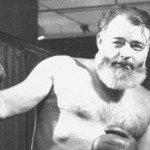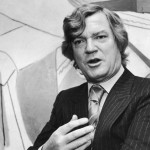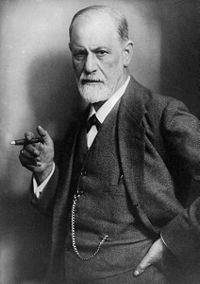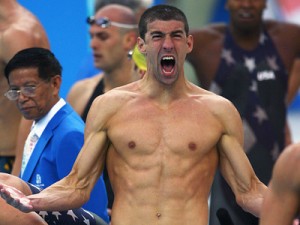What is the relationship of the artist to the work of art? Is it merely the result of the artist’s intentions and nothing more—a visual, literary, or musical message sent to the viewer that contains the artist’s emotions, thoughts, worldview? This is a question that has long perplexed critics and Charles McGrath’s recent article, “Good Art, Bad People” in The New York Times, offers another dimension to this question. McGrath’s article focused on artists who have produced great art but have done so... Read more
















